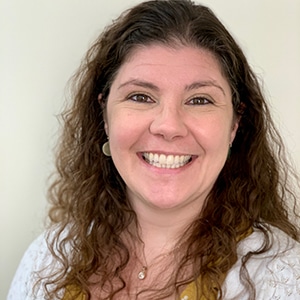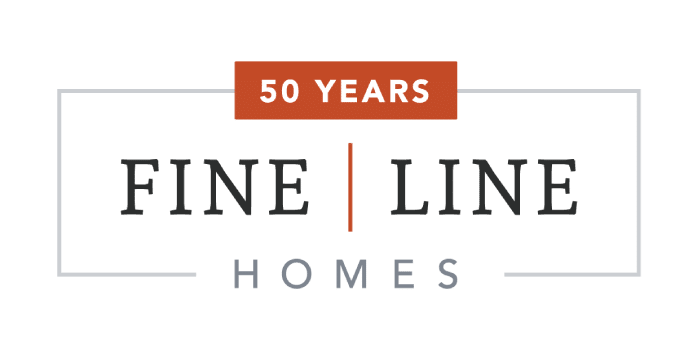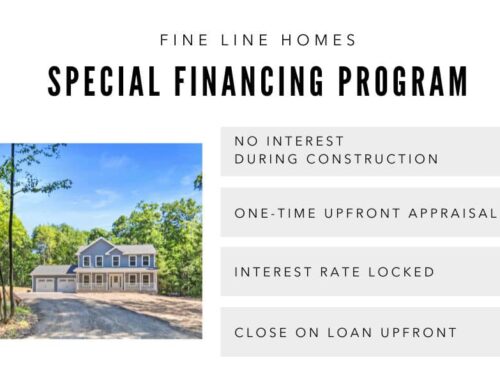By Barbara Eisner Bayer who has written about finance for Motley Fool, Daily Plan-It, and Nurse Village, and is the former Managing Editor of Mortgageloan.com and Credit-land.com. She splits time between a beachfront condo and a mountain retreat.
A reverse mortgage is a tempting route to take if you’re a cash-strapped senior who owns your home, but this road to riches can be curvy.
Do you wish you could tap your home equity without having to make loan payments every month? If you’re 62 and own a house that’s paid for, or at least nearly paid for, then your genie in a bottle just might be a reverse mortgage.
A reverse mortgage pays you via a lump sum, monthly distributions, a credit line, or as some combination of the three.
The exact amount you can get depends on:
- Your age (the older, the better).
- How much home equity you have (the more the better).
- Current interest rates (the lower the better).
The best part: You don’t have to repay the loan during your lifetime as long as you occupy the house and remain current on taxes, insurance, and repairs.
However, the amount you borrow is a loan, so you owe interest on it right away. While you don’t have to pay back the loan until you move out of your home or pass away, the interest does keep building, as does the total you have to eventually pay back.
That ever-ballooning balance is a big reason why this type of loan should be one of your last resorts and only used if you need cash and can’t get it another way.
Finding a Reverse Mortgage is the Easy Part
The Federal Housing Administration insures about 90% of all reverse mortgages through its Home Equity Conversion Mortgage program (HECM).
Qualifying for a HECM reverse mortgage is fairly straightforward:
- You must be 62 or older.
- You have to live in the property as your principal residence
- You can’t be delinquent on federal debt like taxes or student loans.
If you still owe money on your first mortgage, you have to pay that off when you take out the reverse mortgage.
Related: Common Pitfalls When Looking for a Reverse Mortgage
Adding Up the Considerable Costs
A reverse mortgage sounds dreamy until you start tallying the bill. Third-party closing costs — think appraisal, title search and insurance, inspections, recording fees, credit checks, mortgage taxes, and the like — quickly snowball. Then add on fees for origination, mortgage insurance premiums (MIPs), and loan servicing.
While you can roll those costs into your loan, you (or your heirs) will have to pay them back with interest.
How much you’ll get for those fees depends on how old you are, where you live, and current interest rates. You can use the Mortgage Professor’s online calculator to compare your options.
If you opt for anything other than a lump sum, you can switch to a different payment option whenever you want.
You can see why reverse mortgages are an expensive path to cash, making alternatives like home equity lines or loans, renting a room, or doubling up with a relative worth exploring.
Making a Definitive Decision is Hard
Despite the expense, reverse mortgages make sense for some homeowners. Mortgage insurance guarantees that you’ll never be forced to repay the loan if you remain in your home and pay your property taxes and insurance bills.
It’s also easier to qualify for a reverse mortgage than other types of home-equity loans that carry stringent income and employment requirements. If you can’t show you can afford taxes and insurance, you lender will hold aside money to pay those bills and add the amount to your mortgage as they’re paid.
A typical misunderstanding about a reverse mortgage is that in exchange for the loan, the bank owns or will own your home. False. You’ll retain title.
When you pass away, your heirs keep the property by repaying the loan. Otherwise, they’ll have to sell your house and repay your reverse mortgage from the profits. Your heirs get to pocket whatever is left over.
Before getting a HECM, you’ll have to go to housing counseling with an HUD-approved counselor. You’ll discuss the risks and obligations of a reverse mortgage, but you should also confer with your attorney and tax adviser to get a second or third opinion.
Leaving your home permanently due to, say, illness soon after taking out a reverse mortgage is costly. You will be forced to repay all of those up-front charges without enjoying the benefits.
You’re ultimately gambling that you’ll remain in your home long enough, perhaps five years or more, to make the costs worthwhile. Consider your current health and family history for clues to your longevity.
It’s impossible to know 100% whether a reverse mortgage is right for you. If you’re retired, in financial need, and have substantial equity in your home, then it’s a viable way to generate cash. Unknowns are the biggest complication.
Visit HouseLogic.com for more articles like this. Reprinted from HouseLogic.com with permission of the NATIONAL ASSOCIATION OF REALTORS®.











